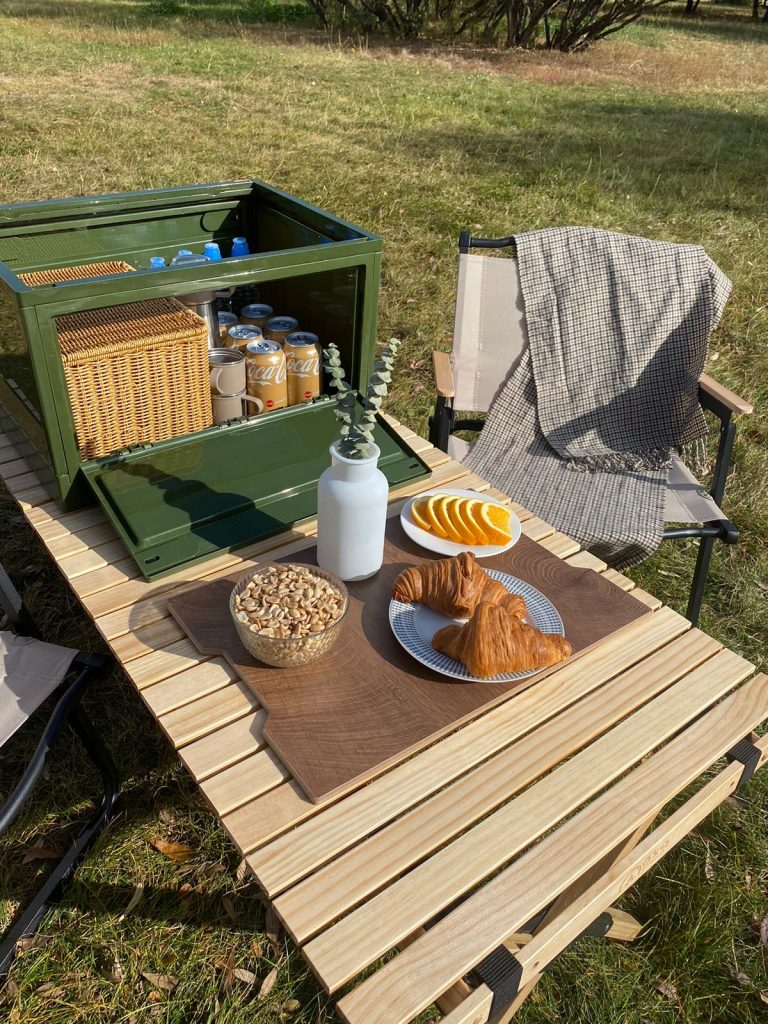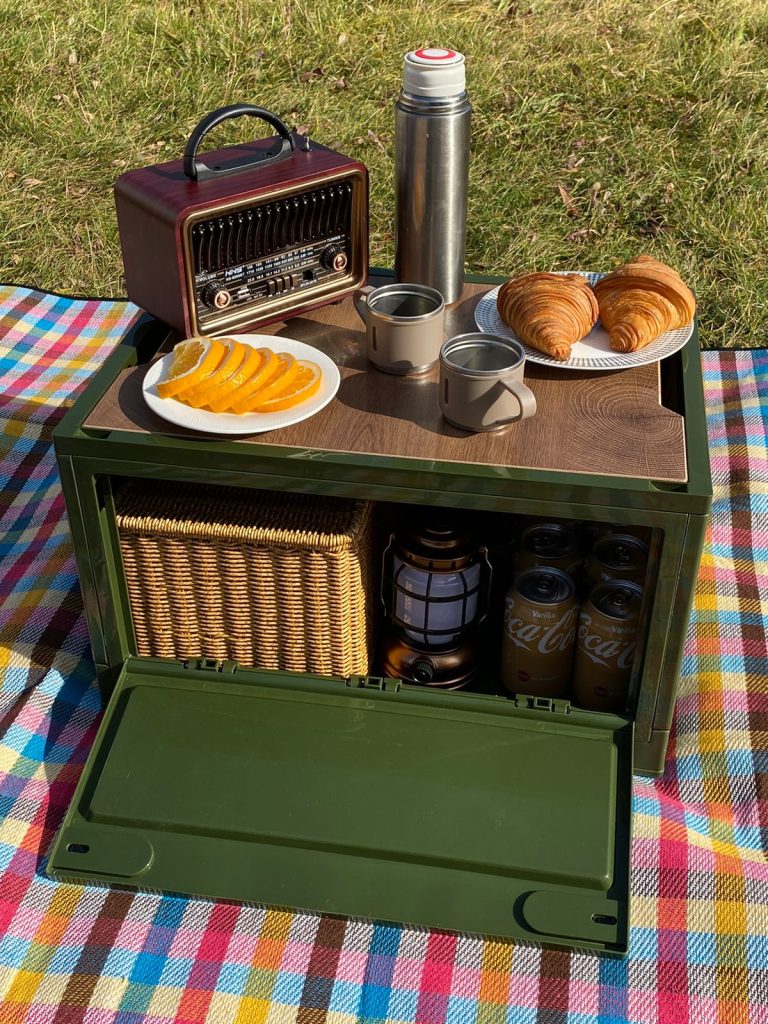Camping is an amazing opportunity to relax, forget about your daily troubles, and spend a few days with people you love. The way you manage your food storage can spoil your trip or make it fantastic. For a better experience, give serious thought to camping food storage before you set off. Keep reading to find out how to do this properly.
Selecting the Right Storage Containers
The first thing you have to do is set some ground rules for the materials you’ll be using:
- Select odour-resistant and flavour-neutral packaging so that your foods stay fresher for longer,
- Pick durable materials that can withstand long-term storage without degrading;
- Prioritise ease of cleaning and simple storage.
Plastic containers and zip-lock bags are a camper’s best friend because they’re lightweight and impermeable to odours and flavours. Aluminium containers are also suitable due to their lightness and durability. However, avoid glass containers, as they’re heavy and prone to breakage, harming you and the natural world.
Proper Packing
Successful food storage starts with mindful packing. Select goods that don’t need to be cooked. These can be beans in cans, sweet dates, and granola that last longer and are easy to cook or consume as-is. Remember these recommendations:
- Select well-sealed containers or bags to protect products from pests;
- Sort foods based on their type and the time when they expire;
- Store your packed food in a cool, shaded area.
If you have more time for preparation, you can dry any veggies, fruit, meat, and cheese for camping. Protein and carb products give moisture and gain it back when soaking and cooking. With this method, it’s possible to make any food 10 times lighter.
If you want to make your camping backpack lighter, try to reduce water. For example, you can replace any sauce with dry seasoning and salt. If you still want to add some spice to your meal, take a jar of hot chili sauce and add it to any meal.
Little add-ons like a bag of candy or some chocolate can act as quick energy boosts and uplift your mood.
Storing Products the Right Way
The way you store your food depends on its type. For example:
- Dry foods. They tend to get wet and spoil. Store bread, sugar, and salt in plastic bags. Check the integrity from time to time, and if possible, dry the soaked food.
- Vegetables and fruits. They should be stored at a low temperature. Just make sure that the container is sturdy, e.g., a plastic or metal container.
Improper storage causes food to spoil, making it dangerous to eat. Many foods are good breeding grounds for microbes. Once on such foods and multiplying in them, microbes spoil them. Your food gets an unpleasant taste and odour, becoming unfit for consumption.


Culinary Adventures in the Wilderness
When preparing your meal plan, remember that as camping continues, your appetite increases. For the first three days, your body adapts to the new conditions, and you will want to eat about the same as you would in a normal environment. Over time, portions will have to be increased.
Your menu shouldn’t get boring, so it’s good to take a break of several days between the same meal. For example, have sandwiches one day, peanut butter with crackers the next day, and a salad of dried vegetables the day after that.
When choosing your lunch meal, consider how much time you will have to eat and what you plan to do afterwards. If the meal is less than an hour, followed by a long climb, you shouldn’t plan anything complicated. In this case, couscous with vegetables, paired with a generous spoonful of butter, will be great. If you have more time, you can cook a more elaborate dish.
Responsible Disposal of Leftovers
When you’re camping, it’s easy not to think about what happens to the waste and trash you leave behind. Don’t forget the impact it can have on the environment.
If you clean your campsite after your trip, you are doing your part to protect the world around you so that future hikers can delight in the same pristine beauty you have already enjoyed.
Your parking lot, trailhead, and any other place should be left, if not cleaner, at least as clean as it was. Trash can be burned if you have a campfire in the evenings or bagged and taken with you.
Put garbage in zip-lock bags. While preparing for camping, you can store food there and place garbage in them after your journey. It’s securely sealed inside these lightweight bags; it will never leak or spread odour.
To make carrying garbage less frustrating, make it smaller. Reducing the volume is easy: fold a box, crumple a bottle, or squeeze a can. A small bag is less intimidating and easier to carry. Moreover, it will still definitely be lighter than a bag full of groceries.